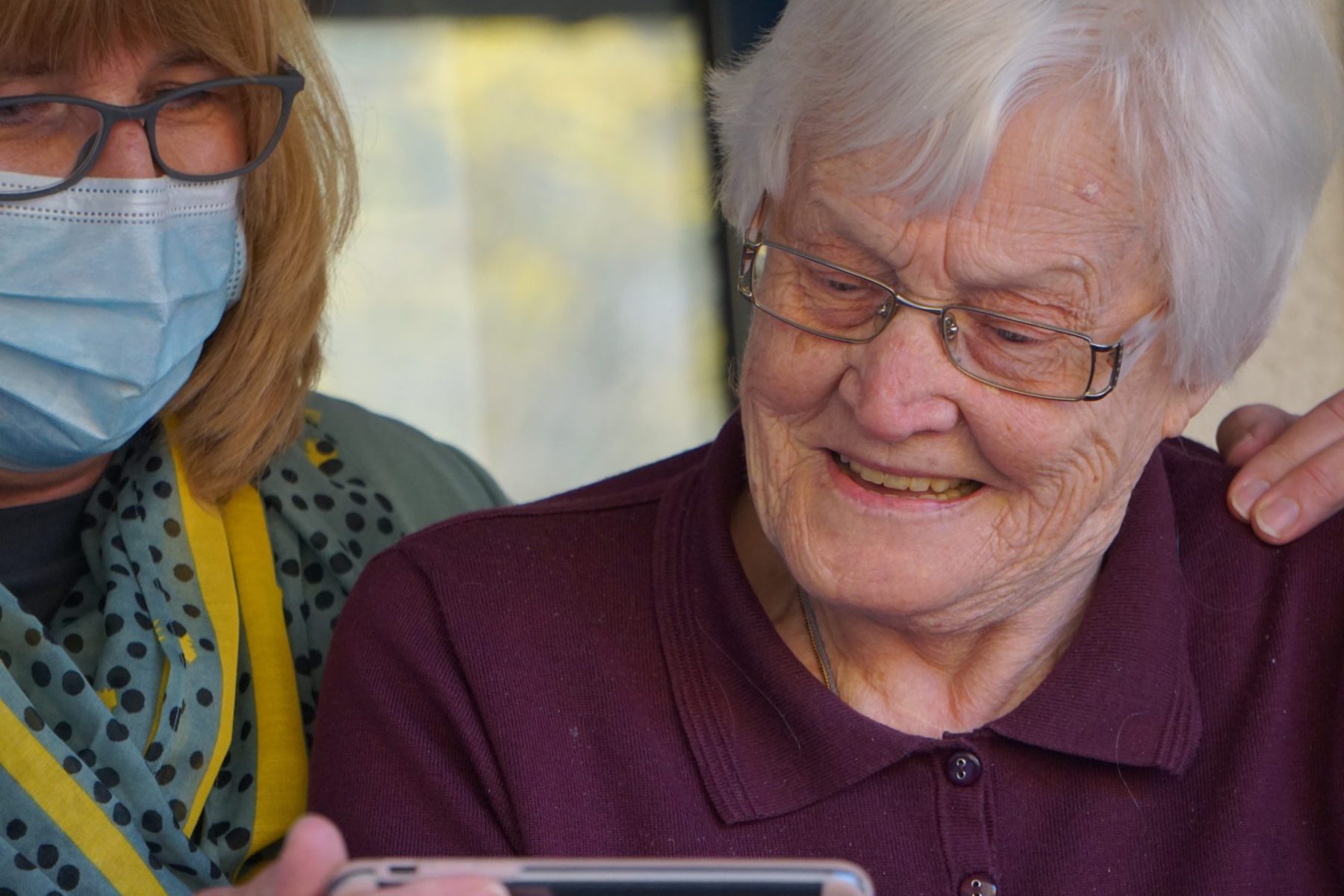You can’t always be there. But we can.
What is Assembly Bill 1217?

In Home Care – Who Pays for What?
March 1, 2015
Bed Bugs and How to Keep them Away
April 12, 2016What is Assembly Bill 1217?
Many people are in need of qualified aides, but how do you know for sure that the person you hired is qualified? It may not always be easy to keep track of laws and regulations, but it’s vital to have at least a passing knowledge of them so you don’t accidentally end up breaking the law. With that in mind, the HCA registry is probably the most important thing a homecare entrepreneur can be aware of. Below, we’ll be taking a deep dive into Assembly Bill 1217, what it is, and what it means for your franchise.
What Exactly Is Assembly Bill 1217?
On October 13th, 2015, California Governor Jerry Brown signed the Homecare Services Consumer Protection Act of 2013 (AB 1217). This Act applied to all homecare agencies that provide non-medical services to clients who, perhaps because of advanced age or physical or mental disability, cannot perform activities of daily living (ADLs). It mandates the licensure and regulation of homecare organizations to the HCA registry, as defined by the State Department of Social Services, and the registration of homecare aides (HCA) A.K.A. caregivers. Homecare agencies need to be HCO licensed and caregivers must be HCA registered.
When you cut through the legalese, this essentially means all caregivers need to be licensed to the same departmental hub, or else they can’t legally care for the elderly and infirm. The California Homecare Aide Registry decides if you can or cannot get a job as a homecare franchiser, so knowing what is and isn’t allowed by the HCA registry is vital for your future.
When Did This Go Into Effect?
This California caregiver registry act went into effect and became law on January 1, 2016.
What is Included in the Act?
Legal terms aren’t always written in a way that’s easy to understand, which is why we’ve briefly broken down the most important parts of this bill. Whether you’re interested in creating or operating a franchise, or you simply want to hire someone who works for one, knowing the legal qualifications for work can help you make an informed choice. This legislation requires agencies to:
- List any HCA in an online registry
- Conduct background checks on HCAs
- Provide five (5) hours of training for new caregivers
- Fingerprint HCAs for criminal background checks
- Obtain a license from the state certifying their compliance with basic standards
How Does This Affect a Person Looking for Homecare?

This Homecare Services Consumer Protection Act was created to regulate homecare organizations (HCO) to provide you with more security and higher standards of care and safety when you hire their services. The state has an online registry of all licensed HCOs which shows you information like contact numbers, websites, and office locations (including more details about citations, inspections, and complaints). The HCA registry is intended to help individuals like you and your family learn more about an HCO you might be considering. The law also requires that all caregivers employed by HCOs be registered with the California Homecare Aide Registry and comply with all HCA requirements. Homecare Agencies apply to be HCO licensed and once completed, get a certificate of their HCO licensed status.
For a caregiver, they simply have to register online, pay the fee, and they’ll be assigned a number with the California caregiver registry. Once they submit and pass the required live scan background check, their status on the HCA registry will change from pending to confirmed. They are now considered registered to the HCA and can provide services on behalf of an agency. Other than a letter notice confirming their updated status, they don’t get a card identifying themselves as an HCA-Registered caregiver. Understandably, we would expect most family members not familiar with the new homecare law to be inclined to ask if a caregiver has to be licensed rather than registered.
What Happens If An Agency I Am Considering Is Not Licensed?
To protect consumers, agencies that are not confirmed with the HCA registry are not legally allowed to provide care until their license is approved. Employees must be listed to the California Homecare Aide Registry if they wish to work in this field. As with any violation of the law, there are penalties that will be imposed on agencies that are non-compliant. You may be penalized with a $900 fine per day for each day if not licensed by the Department of Social Services. In some cases, the Attorney General may step in if you’re in violation of the HCA registry, and in that instance, they may:
- Issue a cease and desist order, which shall remain in effect until the individual or entity has obtained a license pursuant to this Act,
- Impose the civil penalty, or
- Bring an action against the individual or entity under Chapter 5 (commencing with Section 17200) of Part 2 of Division 7 of the Business and Professions Code.
These are some of the most important parts of this law regarding the California caregiver registry, but the bill itself contains much more detail. For more information on AB 1217 and how it affects your relationship with the HCA registry, refer to the California Legislative Information website: https://leginfo.legislature.ca.gov/
Stay Secure When You Choose 1Heart
It isn’t always simple to keep track of all the laws and regulations that come and go in regards to homecare, but luckily 1Heart Caregiver Services is here to do all that heavy lifting for you. Our caregivers are all registered with the California Homecare Aide Registry, and they go above and beyond what’s required by the state to make sure your loved ones are served with the utmost care and respect. Many agencies can be licensed by the HCA registry, but it takes a truly exemplary company to earn the reputation that 1Heart has garnered over the years.
If you have more questions about AB 1217, leave us a comment below, and if you want to see what 1Heart can do to help the lives of you and your loved ones, we’re only a call or a click away. Learn why we’re considered one of the best companies you can find in the California caregiver registry when you choose 1Heart Caregiver Services today.

